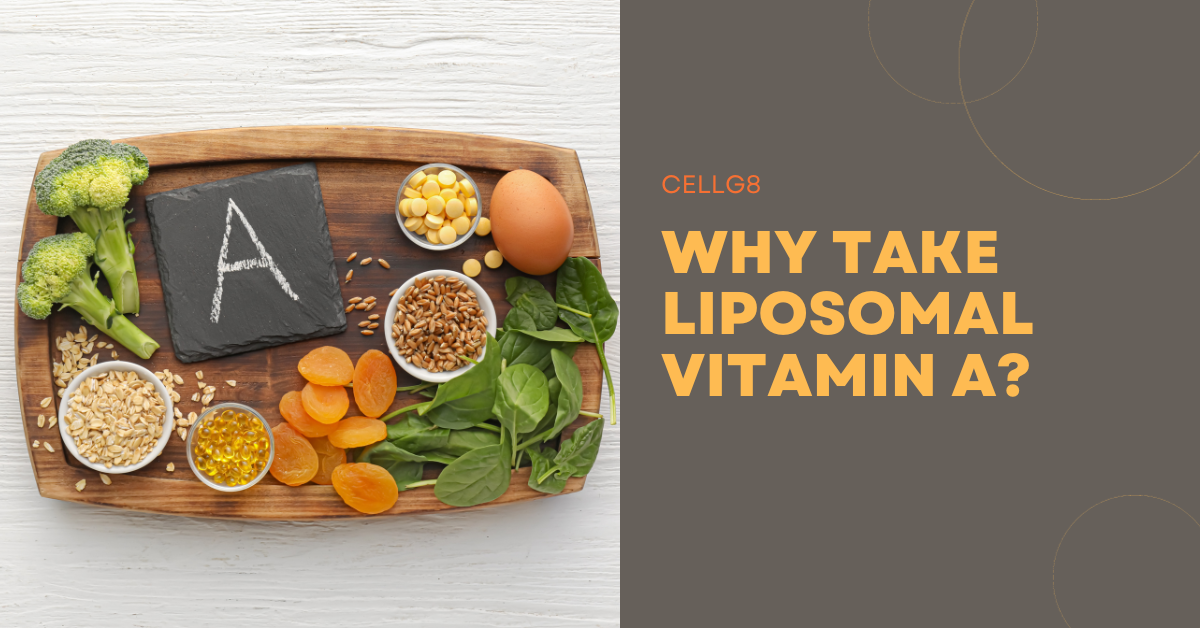Introduction
Vitamin A refers to a group of compounds that are vital for maintaining vision, skin health, and immune function. Despite its importance, vitamin A deficiency remains a global concern, especially in regions with limited access to a balanced diet. This deficiency can lead to various health challenges, emphasizing the need for proper supplementation.
Vitamin A Deficiency: A Global Nutritional Concern
Vitamin A deficiency primarily arises from inadequate dietary intake. Populations with limited access to vitamin A-rich foods such as leafy greens, orange and yellow vegetables, fish, and liver are at a higher risk. This deficiency can affect various bodily functions due to vitamin A’s role in cellular processes.
The Role of Vitamin A in the Body
Vitamin A is essential for:
- Vision: It is a component of rhodopsin, a protein necessary for low-light and color vision.
- Skin Health: It supports the maintenance and function of skin cells.
- Immune System: Vitamin A plays a role in the development and regulation of the immune system.
- Cellular Growth and Communication: It is involved in cellular recognition, growth, and differentiation.
Traditional Vitamin A Supplements
Typically, vitamin A supplements are available in two forms: preformed vitamin A (retinol and its esterified form, retinyl palmitate) and provitamin A carotenoids. Traditional supplements, however, have limitations in terms of bioavailability and absorption efficiency.
Advantages of Liposomal Vitamin A Formulations
Liposomal formulations represent an advanced method of nutrient delivery. In these formulations, vitamin A is encapsulated in liposomes – tiny, spherical lipid bilayers. The advantages include:
- Enhanced Bioavailability: The liposomal encapsulation protects vitamin A from degradation in the digestive tract, enhancing its absorption and bioavailability.
- Improved Stability: Liposomes provide a stable environment for vitamin A, reducing the risk of oxidation and degradation.
- Targeted Delivery: Liposomes can facilitate more targeted delivery of vitamin A to cells, optimizing its efficacy.
- Reduced Toxicity Risk: Traditional high-dose supplements may pose a risk of toxicity. Liposomal forms allow for efficient delivery at lower, safer doses.
The Impact of Liposomal Technology on Nutrient Absorption
The incorporation of liposomal technology in vitamin A supplementation is a groundbreaking advancement in nutrient delivery. CELLg8 not only enhances the absorption of vitamin A but also sets a new standard in the efficiency of dietary supplements. With liposomal delivery, nutrients bypass the harsh environment of the gastrointestinal tract, leading to increased uptake and utilization by the body’s cells. This method ensures that the maximum benefits of vitamin A are harnessed, making supplementation more effective for those with dietary restrictions or absorption issues.
Nutritional Perspectives on Vitamin A Supplementation
From a nutritional standpoint, supplementation of vitamin A is vital in populations where dietary intake is insufficient. It helps bridge the nutritional gap, ensuring adequate levels are maintained for optimal bodily functions.
Conclusion
Vitamin A is an indispensable nutrient with critical roles in various physiological functions. Given the prevalence of vitamin A deficiency in certain populations, supplementation is essential. Liposomal formulations offer a superior method of vitamin A delivery due to their enhanced bioavailability, stability, and reduced toxicity risk, making them a preferable choice over traditional supplements.







